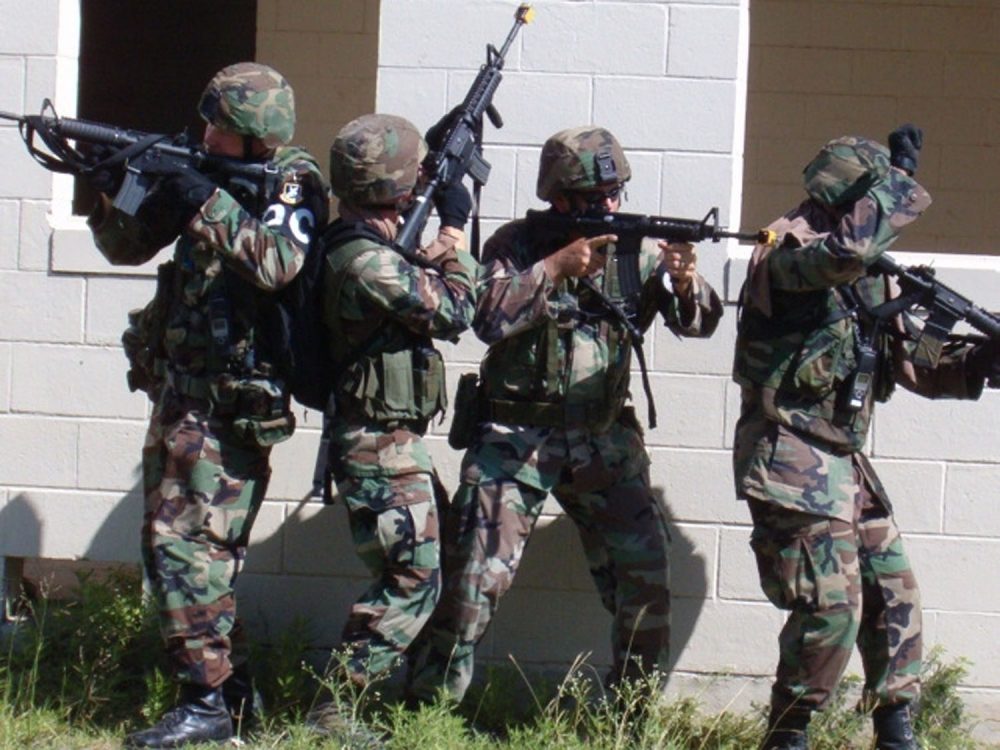This post is also available in:
 עברית (Hebrew)
עברית (Hebrew)
NATO is requesting outside contractors to pitch concepts on military operations in urban areas, admitting that its forces are unprepared for urban warfare in big cities. The request cited UN estimates, according to which by 2035 the world’s population will reach 8.7 billion people, with most living in urban areas.
“The world as a whole passed the 50-percent urban mark seven years ago,” says the unclassified document. Studies, based upon global demographic trends, suggest that an increasing percentage of armed conflicts will likely be fought in urban surroundings.”
According to rt.com, approximately 5 billion people currently live in cities, with another 1.4 million people worldwide joining cities on a weekly basis. NATO is not sufficiently organized, trained, or equipped to deploy troops “across the maritime, cyberspace, land, air, space dimensions/domains” to create “desired effects in an emergent complex, urban littoral system possessing a dense, interconnected population,” the request explains.
The document, which often reverts to formal language, does not clarify what the “desired effects” would look like for an adversary but sheds some light on the requirements the concept must meet.
“The intention now is to develop an overarching NATO concept to increase the situational awareness, explore the potential threats to military and civilian personnel…and to assess the potential impacts of autonomy on current operational concepts,” it explains. NATO expects to have the first draft of the concept by the end of 2017, verifying it during “an experiment type doctrine”.
The chosen company will be offered a firm fixed-price contract lasting until December 2017, with an optional period running from January until October 2018.
SACT has imposed strict security requirements for the prospective contractor. “[The] contractor should have a minimum of secret clearance (as issued by NATO or the respective national Ministry/Department of Defence (MoD/DoD),” it says. People taking part in the project will also have to abide by “security restrictions regarding carrying and using electronic devices in the HQ SACT.”
While NATO admits unpreparedness for wars in big cities, it is no stranger to urban wars. During the 1999 bombing of Yugoslavia, NATO targeted major cities including the capital, Belgrade. The air campaign killed around 500 civilians, according to a report by Human Rights Watch.
Urban warfare also appears to have become an issue with NATO strategists in Eastern Europe, close to Russia’s borders. Last November, almost 4,000 troops from the US, the UK, Germany, Canada, Poland, Romania, Slovenia, Luxembourg and the three Baltic states took part in the massive Iron Sword exercise that involved military action in urban environments.


























